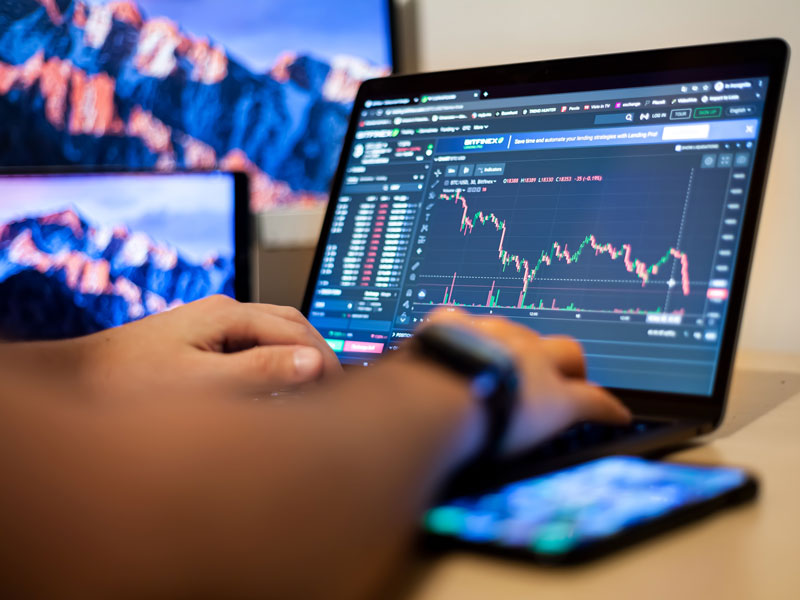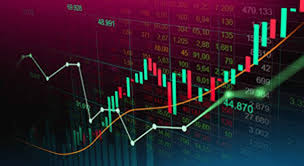
Understanding Forex Trading Accounts: A Comprehensive Guide
In the world of Forex trading, selecting the right account is crucial for a successful trading experience. A well-chosen Forex trading account can significantly impact your trading efficiency and effectiveness, providing you with the best tools and resources tailored to your trading style. In this article, we will explore the various types of Forex trading accounts, their features, and tips on selecting the best one for your specific needs. We will also discuss some essential aspects you should be aware of when opening a forex trading account Trading Brokers account.
What is a Forex Trading Account?
A Forex trading account is an online account that allows traders to access the Forex market and trade currency pairs. It acts as a conduit between the trader and the market, enabling the execution of trades, management of funds, and other related activities. Before you can start trading, you need to open a Forex trading account through a broker.
Types of Forex Trading Accounts
Understanding the different types of Forex trading accounts is vital for finding the one that best suits your trading needs. Here are some of the most common types:
1. Standard Accounts
Standard accounts are the most common type of trading account offered by Forex brokers. They typically require a deposit of $1,000 or more and provide the standard lot size of 100,000 units per trade. Standard accounts are ideal for experienced traders who have sufficient capital and are looking for higher leverage.
2. Mini Accounts
Mini accounts are designed for traders who may not have enough capital to open a standard account. They generally require a minimum deposit of $100 to $500 and offer a smaller trade size of 10,000 units. This type of account allows traders to participate in the Forex market with less risk while still having access to leverage.
3. Micro Accounts
Micro accounts are perfect for beginners or those who want to trade with minimal risk. They usually have a minimum deposit requirement of $50 to $100 and allow trading of 1,000 units per trade. This account type allows new traders to practice and gain experience without risking significant amounts of money.
4. Managed Accounts
Managed accounts are suitable for those who have a desire to invest in Forex but lack the time or knowledge to trade themselves. In a managed account, a professional trader or a management company executes trades on behalf of the investor. This account type requires a higher minimum investment and often charges management fees.
5. ECN Accounts
Electronic Communication Network (ECN) accounts offer traders direct access to the interbank Forex market, providing tighter spreads and faster execution speeds. ECN accounts are suitable for experienced traders who require advanced trading conditions and a more sophisticated trading environment.
6. Islamic Accounts

Islamic accounts, or swap-free accounts, comply with Islamic law, which prohibits the payment of interest. These accounts do not incur overnight interest fees, making them suitable for Muslim traders. Many brokers offer this account type to cater to the needs of Islamic traders.
Choosing the Right Forex Trading Account
Choosing the right Forex trading account can significantly influence your trading success. Here are some key factors to consider when selecting an account:
1. Trading Style
Your trading style—whether you are a day trader, swing trader, or position trader—will dictate the type of account you should choose. Day traders may benefit from ECN accounts due to their high-frequency trading needs, while swing traders may prefer standard or mini accounts for longer hold periods.
2. Capital Investment
Determine how much capital you are willing to invest. If you are a beginner with a limited budget, a micro or mini account may be more suitable. However, if you have a substantial amount of capital to invest, you may want to consider opening a standard account.
3. Leverage
Leverage allows traders to control larger positions with a smaller amount of capital. Understanding how leverage works and how much is offered by different brokers will help you choose the right account type. Be cautious, as higher leverage can lead to greater risk.
4. Fees and Commissions
Different account types come with varying fees and commissions. Some accounts may carry higher spreads, while others might charge commission fees. Ensure you understand the cost structures to avoid unexpected expenses.
5. Trading Platform
The trading platform provided by the broker plays a significant role in your trading experience. Ensure that the platform is user-friendly, offers the necessary tools for analysis, and is compatible with your trading style. Many brokers provide demo accounts—use these to test the platform before committing.
6. Customer Support
Finally, consider the quality of customer support provided by the broker. Efficient and accessible support can help you quickly resolve any issues that arise during your trading experience.
Conclusion
Opening a Forex trading account is the first step toward entering the dynamic world of currency trading. By understanding the different types of accounts and their features, you can select the one that best suits your trading style, capital investment, and personal needs. Take the time to research and consider your options before making a decision, as the right account can significantly enhance your trading success and overall experience.
Whether you are a seasoned trader or just starting, selecting the right Forex trading account is essential. With the right account in hand, you will be well-positioned to navigate the Forex market successfully.
